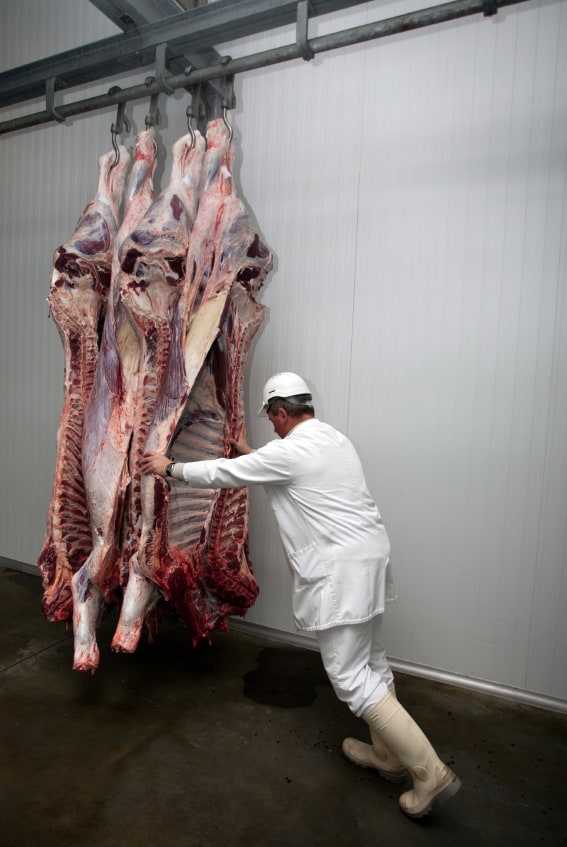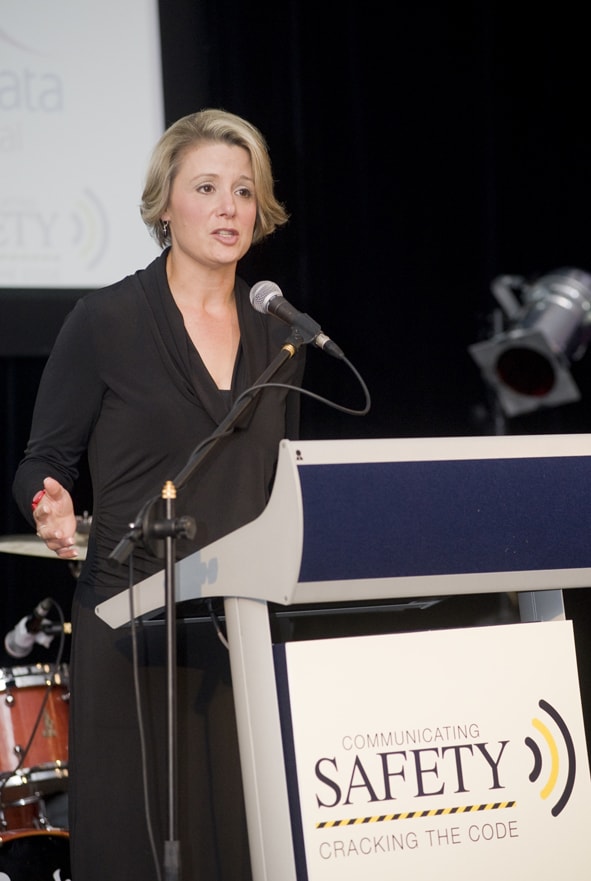Chris Evans, the Australian Minister for Workplace Relations issued a media statement on 28 April 2011 concerning the World Day for Safety and Health at Work. As well as some generalities about OHS harmonisation and government commitment, he said
“The Australian Government is also in the process of ratifying the ILO Asbestos Convention 1986 (convention 162) and the ILO Protocol of 2002 to the Occupational Health and Safety Convention 1981 (Protocol 155).
These ILO instruments will give Australians a world class OHS regime, by entrenching best practice in protecting our community from the harmful effects of asbestos and enhancing data collection and publication to support policy making and research.
“Australia has long been a member and supporter of the ILO in its efforts to promote safe work environments and raise the quality of labour and social standards throughout the world,” said Senator Evans.” [links added]
This seems a positive move but it is significant that no deadline for ratification is identified by Minister Evans. There are also a couple of obvious limitations or problems with these conventions and protocols. Continue reading “Australian IR Minister mentions international OHS conventions action”

 The
The 